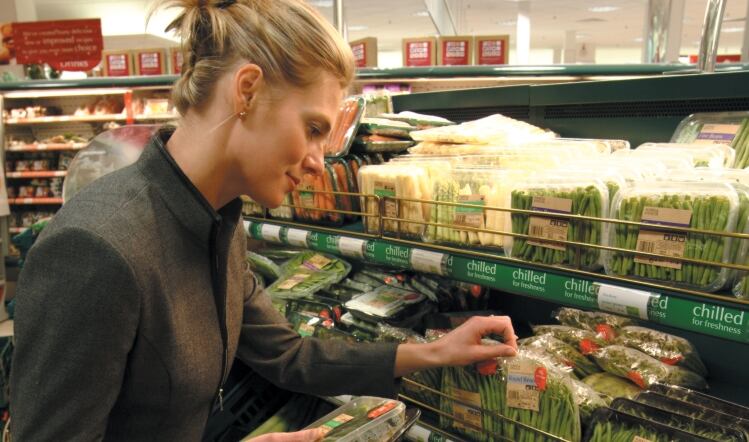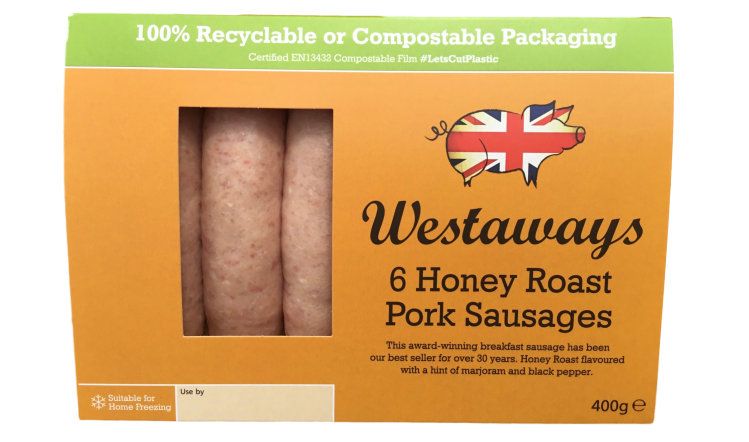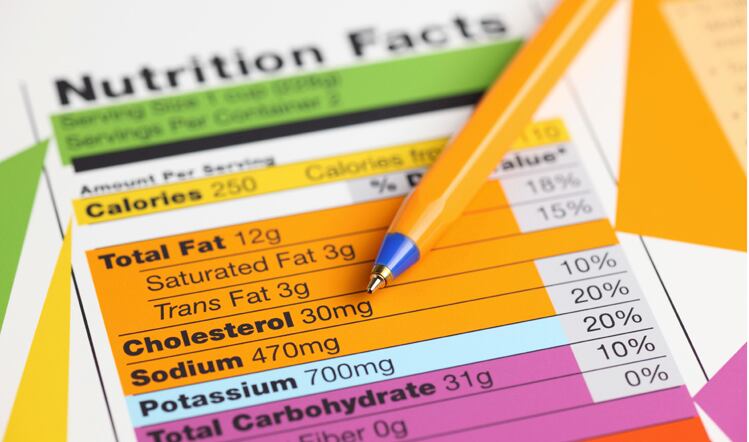A recent report forecast growth in the UK’s online food and grocery market of close to 20% during 2020. Many consumers who converted to online shopping during the coronavirus lockdown will undoubtedly see the benefits and stick with it, even after the crisis has subsided – whenever that might be.
Beyond the major retailers, with their order-and-delivery infrastructure in place, a space is opening up for food and drink brands to take the direct-to-consumer (D2C) route, with the higher margins and improved shopper interaction (and data) this allows.
Trials in the US
Some larger US-based brand-owners are already trialling this option, offering ‘bundles’ of varying product selections tailored to different tastes and household sizes. At the other end of the spectrum, this strategy has been adopted by micro-breweries and micro-distilleries, among others.
But if the biggest and smallest brands can see the benefit, surely the same is true for those in-between. Those with a robust social media presence start in the strongest position, while the mushrooming of delivery networks means manufacturers need not rely on either the major multiples or Amazon for this component.
Additional packaging requirements
So, assuming that internal processes could gear up for the needs of e-commerce, what would the additional packaging requirements be for the brand-owner? Here, too, options have moved forward, with increasingly sophisticated moulded pulp inserts to protect product or smarter automated packing, for example.
Asda’s outsourced logistics hub for its George Home non-food range was the latest operation to install a machine that automatically wraps products of varying dimensions in the smallest corrugated package possible. There are materials and transport cost savings to be made – as well as a tangible sustainability message for consumers.
Attempting to cut out the middle-man appears a more tempting prospect than ever.




